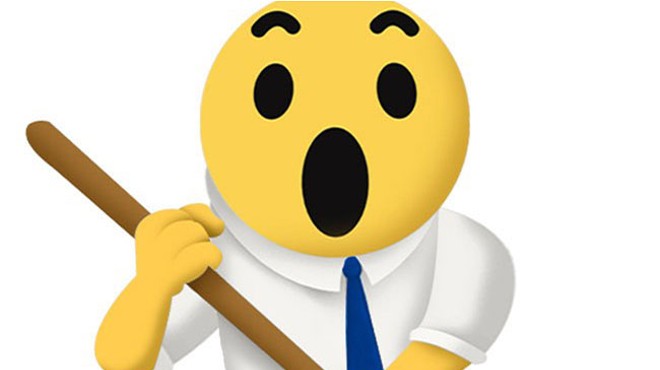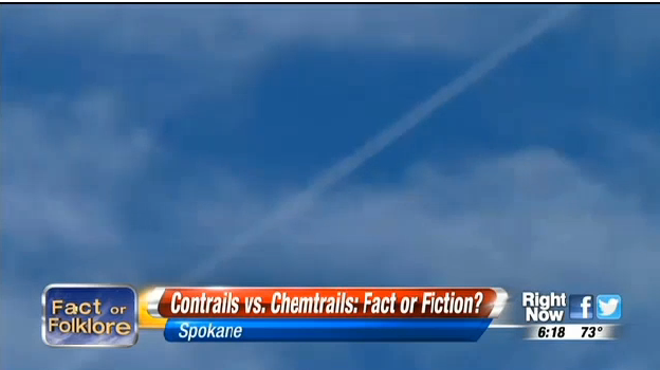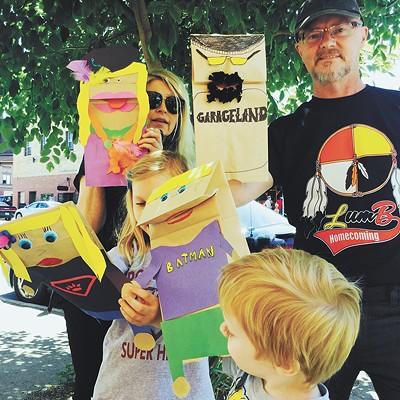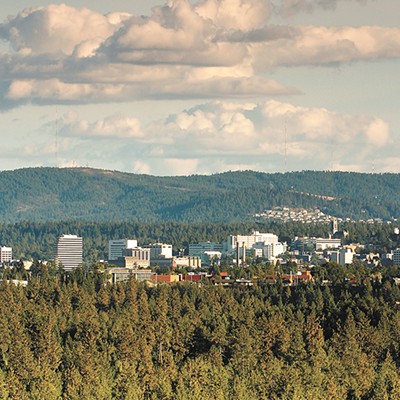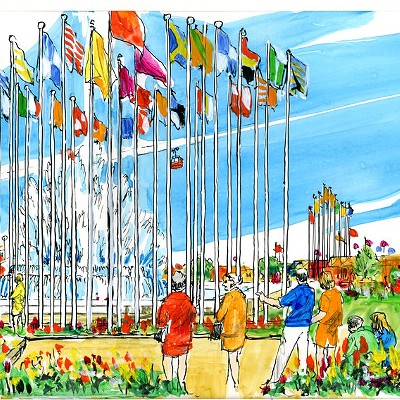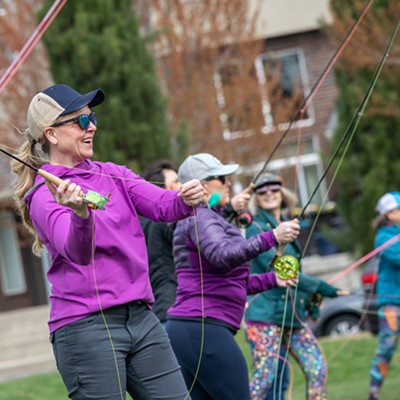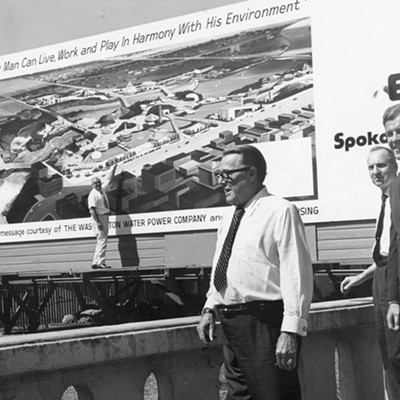In January, @KHQlocalnews blasted out a story across Twitter and Facebook: "#Schoolbus overturns with 40 children on board. READ MORE HERE: http://bit.ly/1ARws9H #WatchKHQ"
It's the sort of headline, sent out when some buses were still in route, that could make a parent's heart freeze and mind race: Is my kid OK?
Yes, your kid is OK. Click through to the story and learn that the bus overturned, with no serious injuries, on a road more than 2,000 miles away — a 36-hour drive — in Gaston County, North Carolina. But still, #WatchKHQ.
KHQ's Facebook fans were furious: "That was cheap and sneaky KHQ. Very poor taste if you ask me." "Shame on you for possibly scaring parents that check your news station!" "[Damn] you guys. It isn't even local. Could have at least said something. My son is late getting home and I read this? Thanks." "I am officially unliking your page KHQ! You force us to click links for YOUR RATINGS! I've had it. I'm done."
To its credit, KHQ edited its Facebook post and apologized, though it left up the misleading Twitter post. Just 27 minutes after posting the bus story, however, KHQ put out another tweet: "House catches on fire with children inside, how would you feel? READ MORE HERE: http://bit.ly/1C2bZjX #WatchKHQ"
That fire? In Bastrop, Louisiana.
KHQ isn't the only culprit. KREM gave us "Shoeless boy in PJs runs to school to flee stepmom." Where? St. Paul, Minnesota. KXLY tweeted "Officials seek to close loophole in naked neighbor case," complete with a pixelated naked picture. In Charlotte, North Carolina.
These stories barely even have regional relevance, much less national relevance. You can't see that these stories aren't local until you click through, rewarding the misleading station with page views.
Corey Hutchins, writing for the Columbia Journalism Review, recently lamented the same trend nationwide. Worse, there was a sense that, in general, TV news viewers didn't care where their stories came from.
"A mugshot of someone with wigged-out hair, busted teeth, and creepy tattoos on her face is going to titillate plenty of people, whether it comes from their local police station or the NYPD," he wrote.
Desperate sensationalism isn't anything new for TV news, of course. As long as there have been bikini baristas, the old saying goes, there have been bikini barista slide shows on local news websites.
But is it too much to ask for the desperate sensationalism from our local TV news to be local?
KHQ didn't respond to requests for comment. But I did reach Melissa Luck, executive producer with KXLY. She stresses that, in any story involving public safety, KXLY will never obscure the location. "The page views that we would get is not worth the loss of trust from our viewers," Luck says.
But she defends the long-running practice of including non-local news stories in local newscasts. "I'm in the target demo. I'm a 36-year-old mom. I want to know what's going on outside the community as well," Luck says. "People do engage on the national content on our site. If they didn't, we wouldn't share it."
Facebook rewards that engagement twice: If 400 people comment on one KXLY story, it's more likely that other KXLY stories will show up in their readers' newsfeeds. If everyone online is arguing about, say, the color of a dress, KXLY feels compelled to give their fans another platform to discuss it. "We want the page views," Luck says.
Yet unless local TV journalists have something to add — analysis or additional reporting — there's a classier way to share non-local stories: Simply link or retweet the originals. The reporters who've actually done the work on the bus crashes, house fires or naked men deserve those page views, not the aggregators and syndicators.
Local TV stations excel at reporting on the smallest neighborhood stories: When there's a pile-up on Monroe Street, or a fire in a neighborhood, or a burglary across the street, you turn to TV news to find what happened. But dumping sensational non-local stories into the mix dilutes that power, making it easier to miss relevant local news in the flood of stories in our social media feeds.
Worse, it can fool people into thinking that the world is more grotesque and dangerous than it truly is — especially if it initially seems like horror stories are happening in their backyard, instead of thousands of miles away.
One way to fight bad social media, of course, is with good social media: This week, I launched the @NotinSpokane Twitter account. If KHQ tweets a story about a machete-wielding madman, without mentioning in the tweet that the madman is only wielding his machete in North Carolina, I'll save you a click by letting you know directly.
If local news stations want your page views, naturally, they can still get them the traditional way: By reporting on local news. ♦




